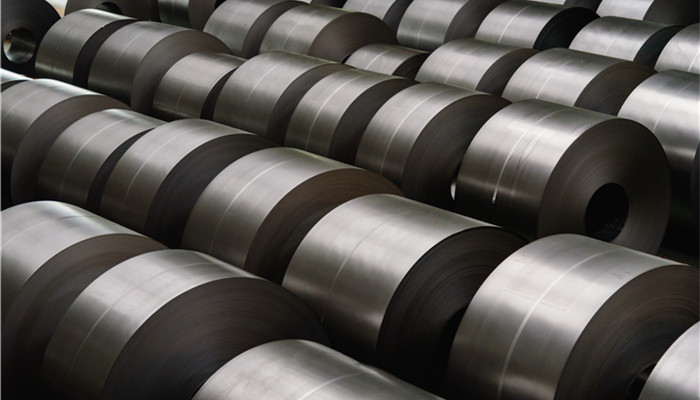
Coal tar has a wide range of applications and the industry needs to continue to develop in the direction of greening
Coal tar refers to a black or dark brown viscous liquid with a pungent odor produced during the carbonization of coal. According to different carbonization temperatures, coal tar can be divided into three categories: low-temperature coal tar, medium-temperature coal tar, and high-temperature coal tar. Coal tar is a complex mixture of highly aromatic hydrocarbons. It is a black viscous liquid at room temperature, slightly soluble in water, soluble in benzene, ethanol, ether, etc., and is used in resins, dyes, plastics, coatings, pesticides, chemicals, etc. It is widely used in metallurgy, textile, building materials and other fields.
Coal tar is an important basic chemical raw material. In recent years, under the background of rapid social and economic development and the rapid development of the coal tar deep processing industry, its production technology level has continued to improve, innovative product categories have continued to increase, and its application fields have continued to expand. Favored by multiple factors, my country’s coal tar production capacity continues to increase. According to the “Coal Tar Industry In-depth Market Research and Investment Strategy Analysis Research Report 2022” released by the Industrial Research Center It shows that domestic coal tar production capacity will reach 38.715 million tons in 2021, a year-on-year increase of 5.2%. From the perspective of market segments, high-temperature coal tar production capacity will account for 73% in 2021, accounting for the largest production capacity; followed by medium-temperature coal tar, accounting for 26% of production capacity. At present, high-temperature coal tar is the mainstream product in the domestic coal tar market.
Coal tar has a wide range of applications. At this stage, the domestic coal tar application market includes the deep processing market. By separating and purifying coal tar, each tar fraction is used for further processing to prepare phenol, industrial naphthalene, wash oil, asphalt, and anthracene oil. and other products; in the fuel market, on the one hand, crude coal tar is used as a fuel to replace heavy oil in glass, ceramics and other fields; on the other hand, high-temperature coal tar is hydrogenated under high-temperature and high-pressure conditions to obtain gasoline, diesel, etc. Fuel oil products.
Affected by the increasing environmental protection factors, the domestic coal tar operating rate is low, resulting in a relatively tight market supply. However, with the continuous development of coal tar application fields, its market demand continues to increase. Against this background, domestic coal tar prices will show an upward trend in 2021, with the domestic average price increasing from 3,039 yuan/ton in January 2021 to 4,477 yuan/ton in December.
At present, domestic coal tar companies mainly include Yongdong Co., Ltd., Yutian Chemical, Fangda Carbon, Angang Chemical, Jinzhou Chemical, Shenghong Chemical, etc. From the perspective of regional distribution, my country’s coal tar companies are mainly concentrated in North China and the chemical industry region. , the total production capacity of enterprises in the two major regions will account for 67% in 2021.
Industry analysts personnel said that in the future, as the demand for coal tar downstream market continues to increase, the production capacity of local enterprises is expected to continue to expand, and the industry development prospects are relatively bright. good. But at the same time, against the background of increasingly stringent domestic environmental protection policies, local companies need to continuously optimize and upgrade technologies such as distillation, washing, decomposition, and refining, thereby promoting the continuous development of the industry in the direction of greening and intensification. In the future, the domestic coal tar industry will still have huge There is room for development and the industry has broad prospects for development.

 微信扫一扫打赏
微信扫一扫打赏

